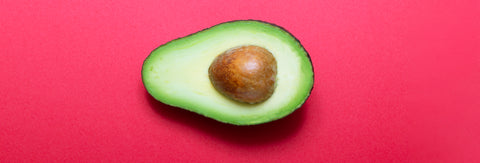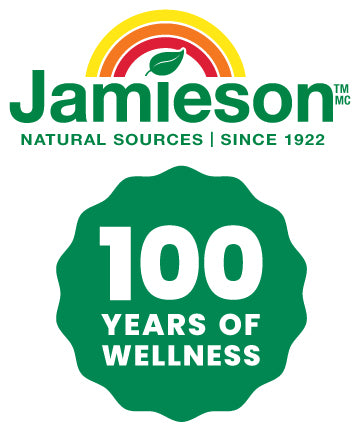It’s easy to blame an “off day” on your hormones, but a happy hormonal balance is the key to maintaining all-around health. As your body’s main chemical messengers, hormones are essential in maintaining proper bodily functions and mental well-being, not to mention a healthy immune system and a regular menstrual cycle.
Looking to support hormonal health naturally? Add these nine hormone-helping foods to your diet.
Quinoa
Perfect in salads, buddha bowls, and even stuffed peppers, quinoa has long been touted as a superfood rice substitute thanks to its high protein content and versatility. Studies have shown that eating protein-rich foods like quinoa help to decrease levels of the “hunger hormone” ghrelin, and because quinoa is a complex carb, it also helps manage insulin and androgen levels.
Coconut and palm oils
Responsibly sourced coconut and palm oils are renowned for their positive effects in beauty products, but they also work from the inside out. Because these oils contain medium-chain triglycerides (MCTs), which are fats that the liver converts to energy, they can help boost brain power. They’ve also been shown to reduce insulin resistance in the blood, which is good news for those with type-2 diabetes.
Fatty fish
Like MCTs, fatty fish also promote insulin sensitivity, but they have the bonus of stress-busting omega-3 fats. Omega-3s have been shown to help reduce the stress-hormone cortisol, while also helping to improve overall hormonal communication. That means wild salmon is an ideal choice, but arctic char, mackerel, sardines, anchovies, and halibut will also fit the bill.
If you’re looking to reduce your cortisol, but fatty fish just isn’t going to make its way into your diet, AdrenaSmart from Lorna Vanderhaeghe Health Solution combines cortisol-fighting herbs to help reduce the feelings of fatigue, tiredness and irritability.
Avocado
Avocado doesn’t just offer a tasty texture for lovers of guac, avocado toast, and sushi—it’s brimming with nutrients, too. The green fruit is high in fibre, potassium, , which contribute to a healthy hormonal balance. Some studies have even shown avocado oil to help reduce pesky menopause-induced hot flashes.
Butter/ghee
They say everything is okay in moderation, and that includes good old-fashioned butter or ghee (a form of clarified butter), at least in terms of supporting female hormones. Butter contains high amounts of vitamins A, D, E, and K2, which, in addition to supporting basic functions like vision, calcium absorption in your bones, and protecting skin from UV damage, are important building blocks for hormonal production. So maybe put buttered toast back on the table, after all.
Whole eggs
Egg whites may be slightly more popular in health circles, but they’re not all they’re cracked up to be in terms of vitamins. The yolks are actually where all the hormone-balancing nutrients are hiding. They contain choline, selenium, and iodine, all of which help to make and maintain healthy thyroid hormones. In other words, get crackin’ on whole eggs the next time an omelette is on the menu.
Pomegranate
Those ruby-red seeds aren’t just fun to eat; they’re chock full of cell-repairing antioxidants, as well as a surprising number of health benefits. According to findings at Case Western University, pomegranate extract can help prevent the cartilage degradation that contributes to osteoarthritis, which Health Canada claims is more likely to affect women than men after the age of 55.
Cruciferous vegetables
Get ready for some big words. Cruciferous vegetables contain many beneficial nutrients to help stimulate healthy estrogen production. Let’s start with broccoli. It contains sulforaphane, which has been shown to stimulate the body's production of detoxification enzymes that eliminate environmental estrogens. Indole-3-carbinol (I3C) is a plant nutrient that can help break down estrogens into their non-toxic forms, and diindolymethane (DIM), also found in cabbage, Brussels sprouts, cauliflower, and broccoli has been researched for its ability to detoxify “bad” estrogens and produce beneficial estrogen. While picky eaters may not be fond of these greens, they can be found in EstroSmart for hormone balance.
Turmeric
There’s a reason this golden spice has been gaining popularity! Curcumin, the compound that gives turmeric its rich colour, is an anti-inflammatory and antioxidant that has been linked to a variety of health benefits. From helping with arthritis to alleviating anxiety, it has also been shown to help reduce menstrual pain in women by mimicking the function of anti-inflammatory pain-relief products, potentially offering a natural alternative.




